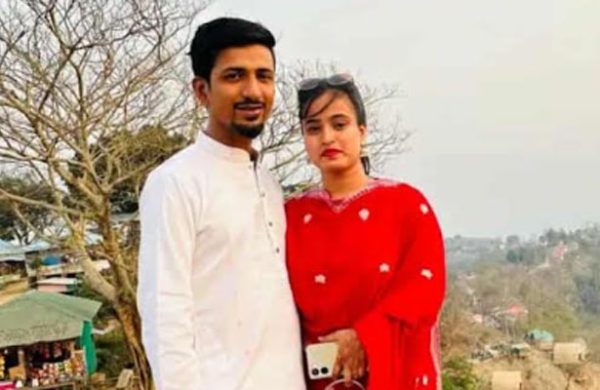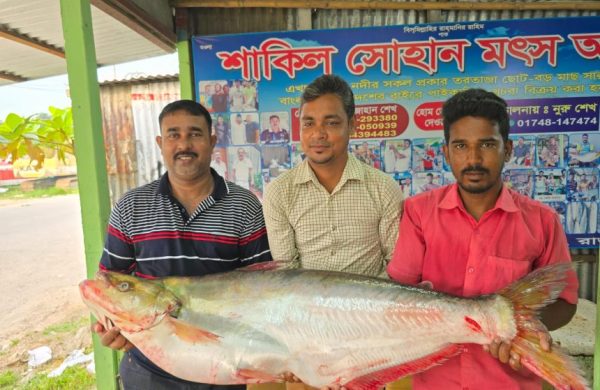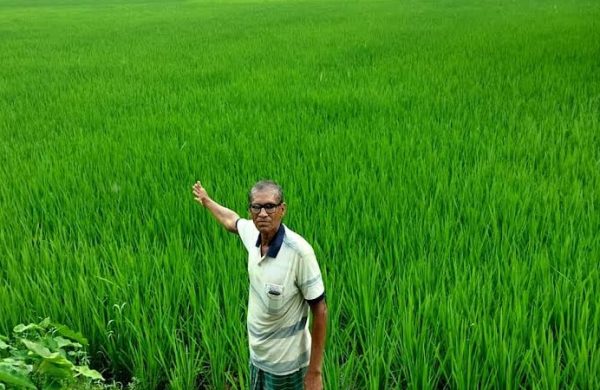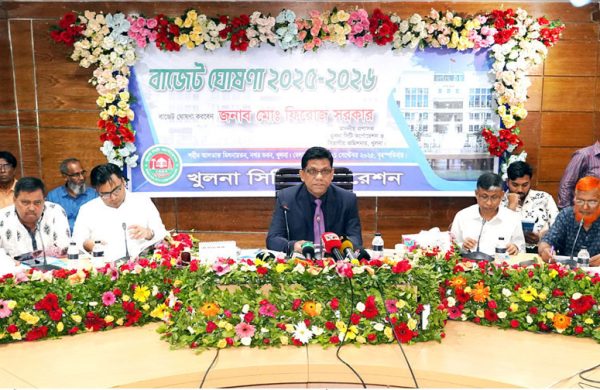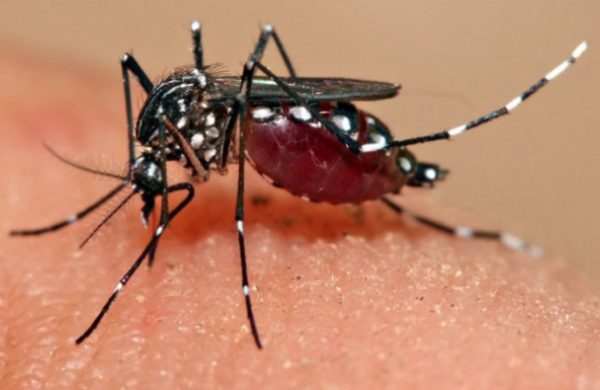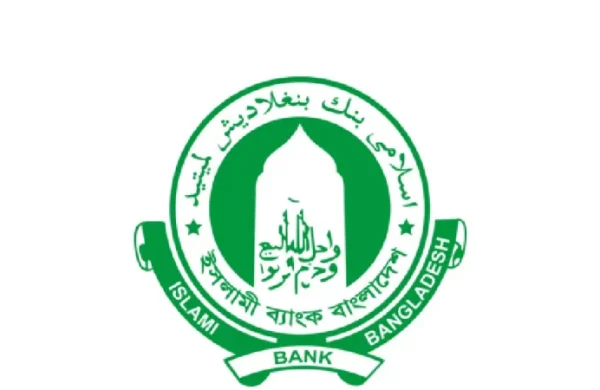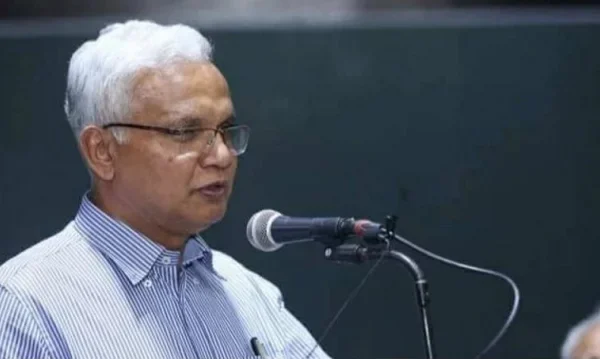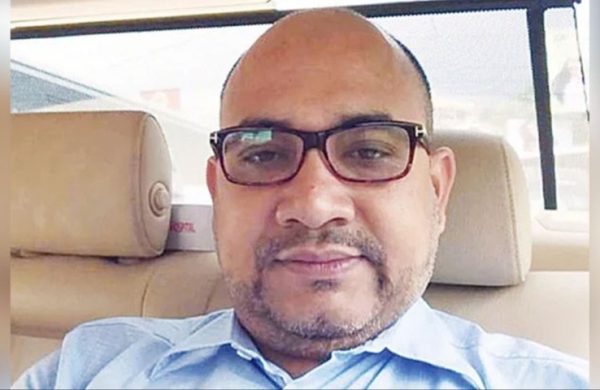Gaibandha’s Char residents struggle to access basic healthcare
- Update Time : Thursday, September 11, 2025
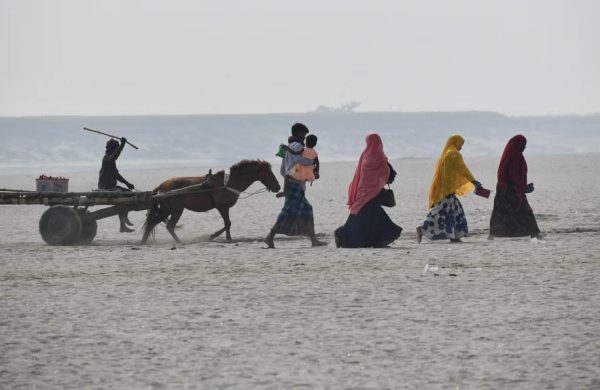
Gaibandha Correspondent:
Access to healthcare is a fundamental human right. Yet, for the residents of the Char areas in Phulchhari Upazila of Gaibandha, receiving medical treatment often feels like fighting a war.
The reality is grim. To reach the Upazila Health Complex, patients must travel by boat, on foot, or in makeshift carts. Tragically, many die on the way to the hospital-defeated not by illness alone, but by inaccessibility.
During the rainy season, life becomes even harder. With no bridges or proper roads, residents are forced to cross swollen rivers in fragile boats or rafts. Strong currents, flooding, and pitch-dark nights make the journey perilous. In the dry season, they must trek across vast stretches of sandy land to access medical care.
There are no permanent hospitals or advanced healthcare facilities in the Char areas. A few temporary sub-health centres do exist, but these are rarely staffed by doctors and lack essential medicines and diagnostic tools. As a result, many locals are left to seek help from untrained drug sellers in village markets, who can only offer temporary relief.
This medical crisis is not new-it has persisted for years. In some cases, no doctor is available in the Char areas for months at a time. In the absence of professional care, many residents turn to unscientific or unsafe treatments.
The most affected are pregnant women, elderly citizens, and patients with chronic illnesses. Most of them are deprived of even basic medical assistance. Without consistent treatment, many chronic patients have died. Residents are now demanding the establishment of permanent healthcare facilities in the Char areas, with 24/7 emergency services. They are also calling for special boats and ambulances to assist in medical emergencies.
Civil society representatives have voiced deep concern, stressing that healthcare is a constitutional right-but one that Char residents are continually denied.
Rubina Begum of Char Fazalpur tearfully shared her story with journalists’ “My sister-in-law died during childbirth. We couldn’t find a boat in time. She passed away on the way to the hospital.”
Abdul Halim of Char Ketkirhat recounted a similar tragedy: “My wife died because there were no doctors or medicines available. She never got the treatment she needed.”
Matin Mia from Erendabari described a terrifying night: “My daughter suddenly fell ill. I crossed the river on a raft in the dark. By the time we reached the hospital, it was dawn. That night was a nightmare. For us, illness means uncertainty-treatment means war.”
Saidur Rahman, Panel Chairman of Erendabari Union Parishad, stated, “We are aware of the suffering in the Char areas. But improving healthcare access depends on government policy.”
Principal Ibrahim Akand Selim, President of the Bangladesh Human Rights Foundation’s Fulchhari Upazila Branch, said, “People here are being deprived of proper treatment every single day. It’s a national shame. A permanent hospital must be established immediately.”
Zahid Hasan, a leader of the anti-discrimination student movement, added, “Ensuring healthcare in Char areas must be treated as a national priority. I’ve already submitted formal requests to the Fulchhari Upazila Executive Officer and the Gaibandha Deputy Commissioner.”



